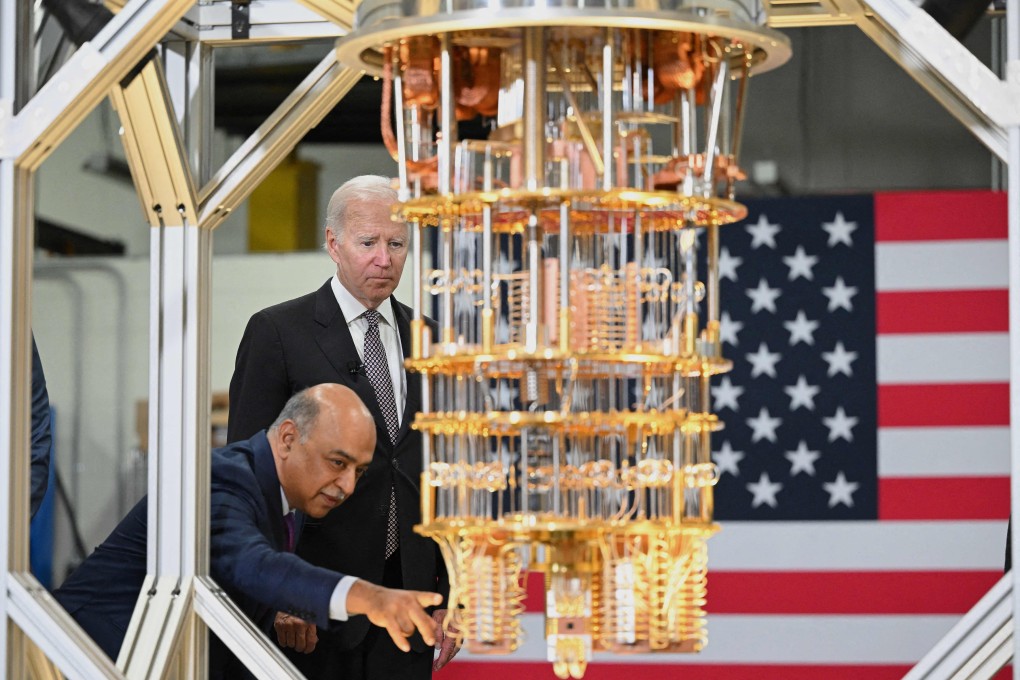Advertisement
Opinion | US-China rivalry: geopolitics is ruining the chance to shape a better globalisation
- While great powers will protect their national interests, it should not be for the express purpose of punishing the other side or weakening it in the long run
- By choosing confrontation, they have handed the keys to the global economy to their national security establishments, jeopardising peace and prosperity
Reading Time:4 minutes
Why you can trust SCMP
12

At the Communist Party’s 20th National Congress last month, the country’s one-man rule under President Xi Jinping became fully entrenched. Xi’s centralisation of power does not bode well for how the country will deal with its mounting problems.
US President Joe Biden has added to these challenges by launching what Edward Luce of the Financial Times has called “a full-blown economic war on China”. Just before the party congress, the United States announced a vast array of new restrictions on the sale of advanced technologies to Chinese firms.
As Luce notes, Biden has gone much further than his predecessor Donald Trump, who targeted individual companies such as Huawei. The new measures are astounding in their ambition, aiming at nothing less than preventing China’s rise as a hi-tech power.
Advertisement
The US already controls some of the most critical nodes of the global semiconductor supply chain, including “chokepoints” such as advanced chip research and design. As Gregory C. Allen of the Centre for Strategic and International Studies puts it, the new measures entail “an unprecedented degree of US government intervention to not only preserve chokepoint control but also begin a new US policy of actively strangling large segments of the Chinese technology industry – strangling with an intent to kill.”
As Allen explains, the Biden strategy has four interrelated parts, targeting all levels of the supply chain. The goals are to deny the Chinese artificial intelligence industry’s access to high-end chips; prevent China from designing – and producing – AI chips at home by restricting access to US chip design software and US-built semiconductor manufacturing equipment; and block Chinese production of its own semiconductor manufacturing equipment by barring supplies of US components.
The approach is motivated by the Biden administration’s view, on which there is broad bipartisan agreement, that China poses a threat to the US. But a threat to what? Here is how Biden expresses it in the preface to his recently released national security strategy: “The People’s Republic of China harbours the intention and, increasingly, the capacity to reshape the international order in favour of one that tilts the global playing field to its benefit.”
Advertisement
Select Voice
Choose your listening speed
Get through articles 2x faster
1.25x
250 WPM
Slow
Average
Fast
1.25x

